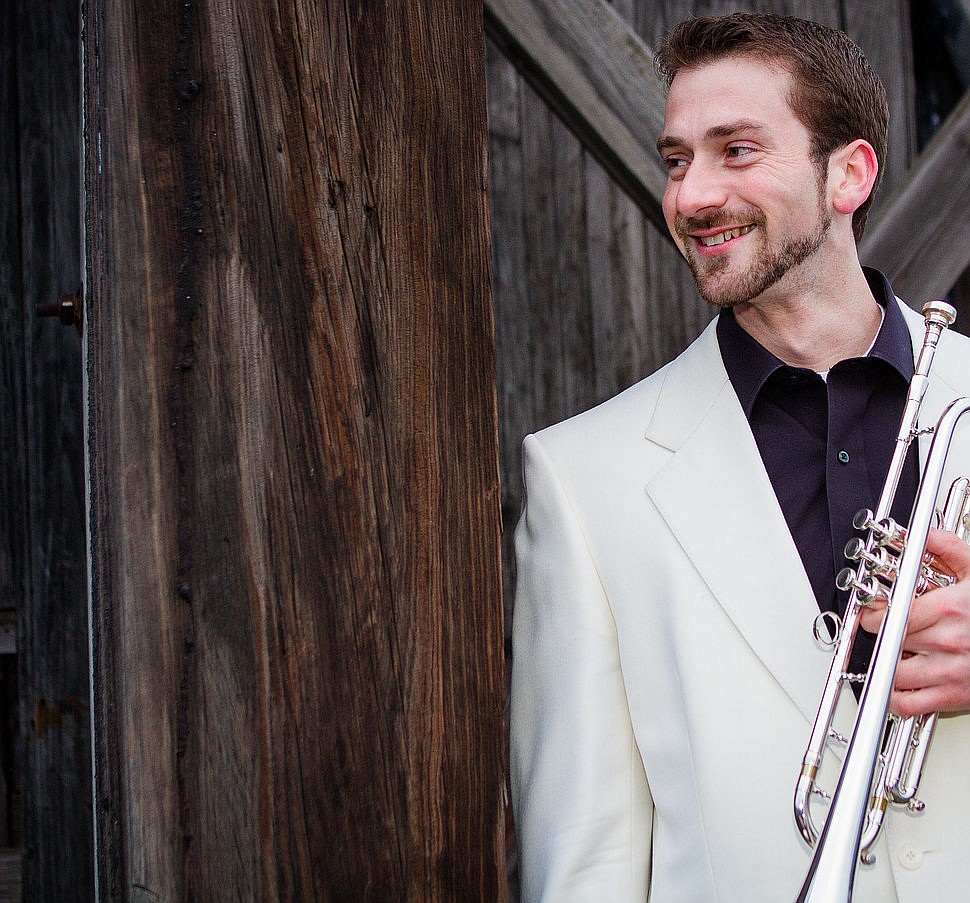- November 23, 2024
-
-
Loading

Loading

Sarasota Concert Association is best known for bringing world-class classical musicians to our area as part of its Great Performers Series.
What’s less well known is that it also showcases the world-class musicians who live here.
That’s the thinking behind the Music Matinee Series, SCA’s long-running, community outreach program showcasing the talents of regionally based musicians who represent a vast array of musical styles, including classical, folk, jazz and pop.
Sylvia Eckes coordinates the series. As she sees it, the series shines a light on the hotbed of musical talent in Sarasota.
“So many gifted musicians live in our area,” she says. “It’s rewarding to have the opportunity to support them — and to offer their performances at no cost to the community.”
These free concerts happen at noon, usually at Sarasota’s Beatrice Friedman Symphony Center. Eckes adds that SCA expanded the series’ reach this year, with two additional concerts in Venice and Lakewood Ranch.
The next concert features the talented mother-son duo of Avis and Aaron Romm — both Siesta Key residents. Aaron is an accomplished trumpet player; Avis is a Steinway piano artist whose “love affair with piano began at age 3.”
In a recent conversation, Aaron shares that, “We’re normally part of a trio with my father, Ronald Romm — he’s a founding member of the Canadian Brass. This time around, it’s just the two of us.”
Aaron and Avis have been rehearsing steadily for the past few weeks. “We practice at my mother’s home,” says Aaron. “She’s got a beautiful Steinway, and the acoustics are great.”
The program includes J.N. Hummel’s “Concerto in E-flat Major,” the “Queen of the Night,” aria from Mozart’s “The Magic Flute,” several arrangements by pioneering trumpet composer Rafael Mendez, H.L Clarke’s “Carnival of Venice,” Ravel’s “Pavane,” Lee Norris’ arrangements of “What Child is This?” and “O Holy Night,” and Harry James’ “Concerto for Trumpet.” Triumphant pieces in the spirit of the holidays. But no easy pieces.
“Trumpet literature is getting better, but it’s still limited in scope,” says Aaron. “For this concert, we’ll be dipping into works created for other instruments and other styles, using transcriptions of the original compositions created for our instruments. I’ll be playing the soprano’s line on the trumpet; my mother will play the part of the entire orchestra on the piano.”
The piano score is the foundation; the voice of Aaron’s trumpet builds on that.
“For every note I play, my mom plays about 10,” he says with a laugh. “That’s OK. I learned at a very early age that my part isn’t the most important. Every note I play serves the whole.”
Their methodical rehearsal process always builds on the piano score. Once Avis perfects a clean run-through, Aaron adds the trumpet passages and fine-tunes the timing. With lots of practice, they make it look easy. Of course, it’s not.
And it doesn’t happen overnight. As Aaron describes it, “For our early rehearsals, my mom and I practice around the clock. As we get closer to the performance, we’ll practice at the same time as the concert. We’re teaching our bodies: OK, now’s the time we’re going to play.”
Repetition is key, Avis says. “We’ll play each piece again and again until it’s as natural as breathing.”
That may sound mechanical. But playing each piece exactly the same way isn’t their goal. A fluid performance is.
“We want to be smooth, but not robotic,” Aaron says. “My mom and I play off against each other; we’ll talk, make jokes. It’s a relaxed, informal presentation.”
Aaron adds that their relaxed attitude goes hand in hand with a serious commitment to the music. Do they find it intimidating? Never.
“These songs are our old friends,” says Aaron. “My mother was the music director for many operas. I grew up listening to these pieces.”
Right now, he’s off to his next practice. Eckes remarks on the duo.
“The Romms are living treasures,” she says Eckes. “And they’re not alone. We have so many musicians in our region deserving of more recognition. Our series creates that recognition. It gives credit where credit is due. That’s the purpose of the series — and that’s the joy of it.”